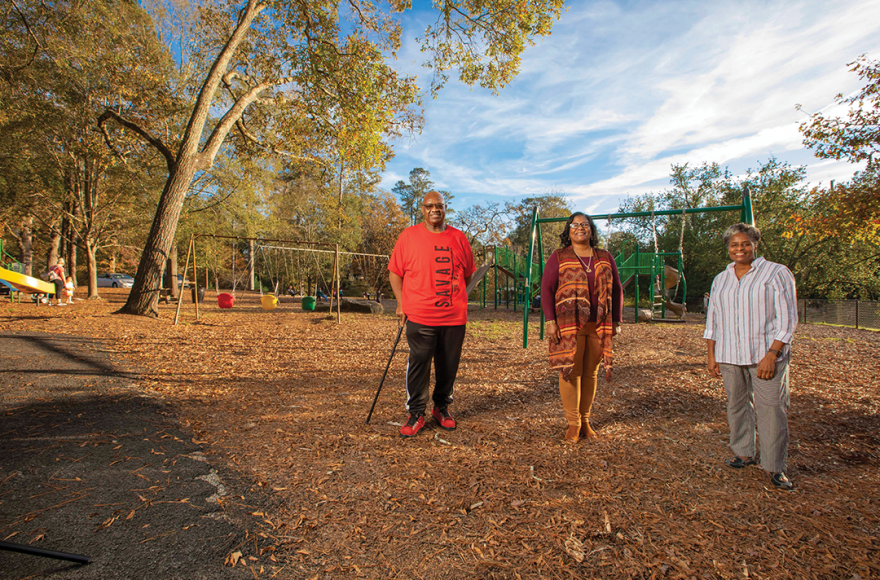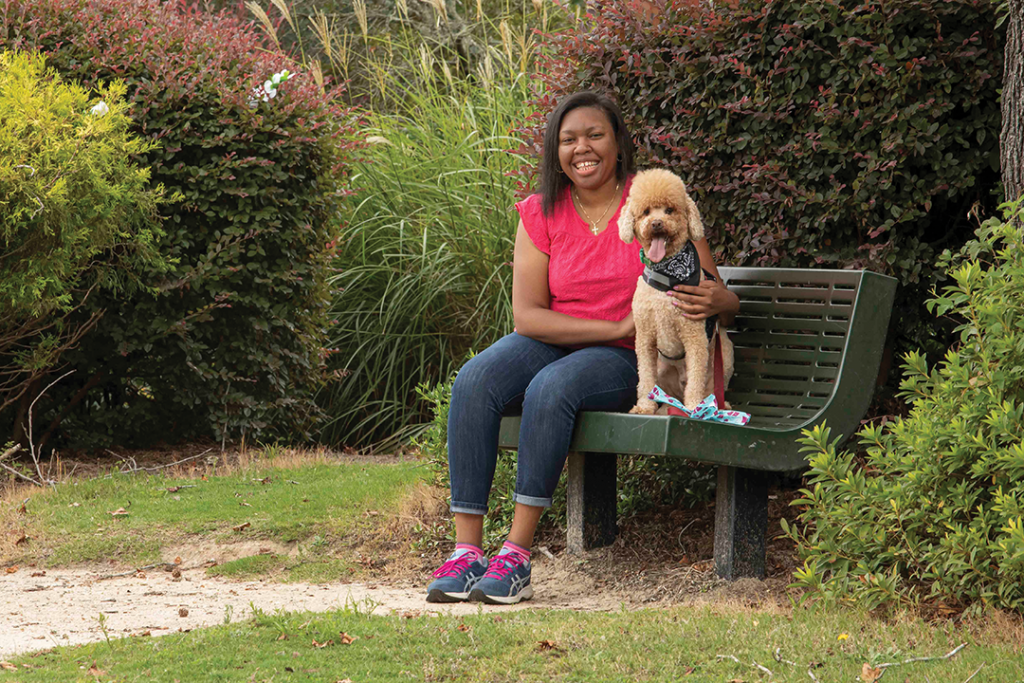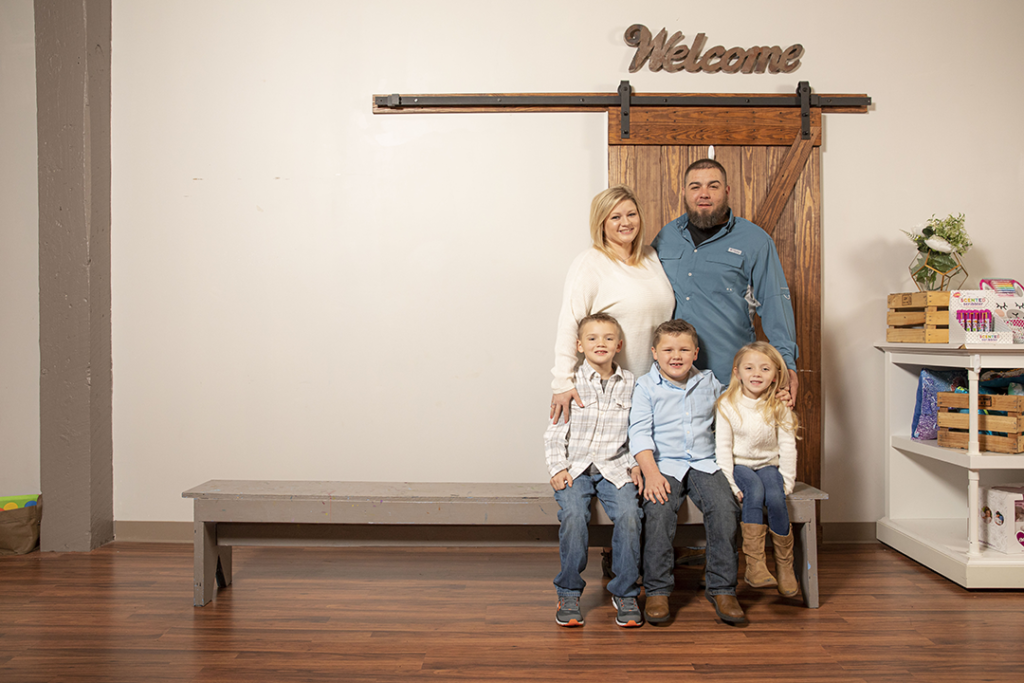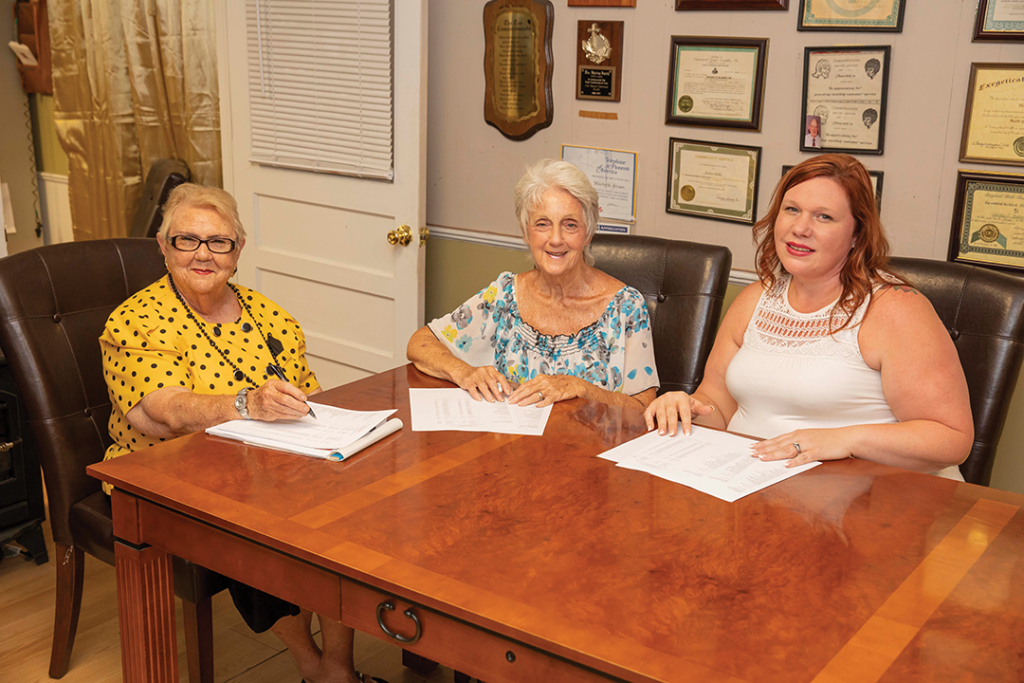Newton Mentoring Inc. was founded more than a decade ago and carries on the legacy and vision of the late Judge Horace J. Johnson Jr. by providing individual support for at-risk children enrolled in the Newton County School System.
Newton Mentoring Inc.—a grassroots organization developed more than a decade ago to provide individual support for at-risk children in the Newton County School System—exists today because of one man’s vision to meet the needs of his community.
Judge Horace J. Johnson Jr., who died in July at the age of 61, understood the value in providing consistent guidance for local youth, and his memory lives on through the program he helped create. Brought to life on Jan. 22, 2008, Newton Mentoring currently deploys 53 mentors to serve 88 students throughout the county.
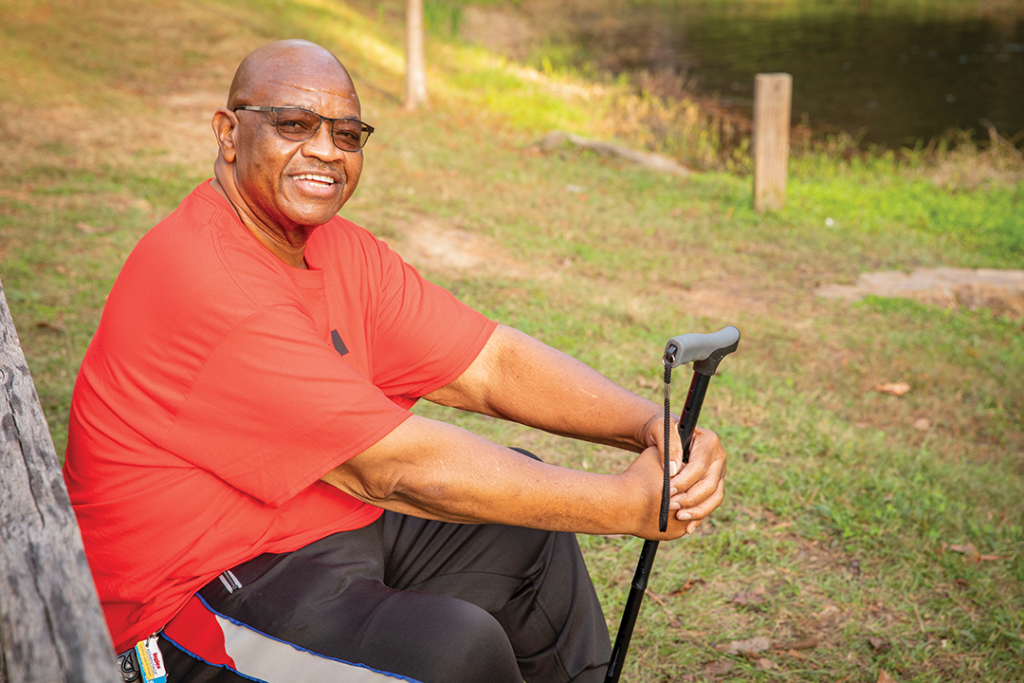
One of those mentors, Lorenzo White, a minister at Springfield Baptist Church in Conyers, experienced the need firsthand and through his own involvement with children, especially those from single-mother homes.
“I’d grown up without a father, so I knew what they were going through,” said White, who linked arms with the program two years ago. “I want to see these kids be successful in life. Sometimes, I get real touched by these kids.”
“Show me a successful individual, and I’ll show you someone who had real positive influences in his or her life. I don’t care what you do for a living, if you do it well, I’m sure there was someone cheering you on or showing the way—a mentor.”
Denzel Washington
One of White’s pupils, a sixth-grader, has made a lasting impact on him. “When I first got him, he was wild and wooly,” White said. “He wouldn’t talk to anyone. He’d throw that hoodie on and turn sideways from me. I wanted to give up, but God didn’t give up on me, so I couldn’t give up on him.” Soon, he discovered the student was a gifted artist and encouraged him to pursue and hone his talent. By the end of sixth grade, the situation began to improve. “I kept showing up,” White said. “His grades went from Ds and Fs to Bs and As. He really amazed me. By seventh grade, he continued to improve, and at the end of eighth grade, he had done a complete turnaround.”
Meanwhile, Margaret Moore has been involved as a mentor for roughly six years, working primarily with elementary-aged children. She also has a personal experience with a student that stands out. “She was an angry child, and we had a rough time in the beginning,” Moore said. “After time, she settled down, and we became buddies. I just kept showing up.” At the end-of-year celebration, the student appeared in a video and credited Moore with helping to address her anger issues. “I was so touched,” Moore said.
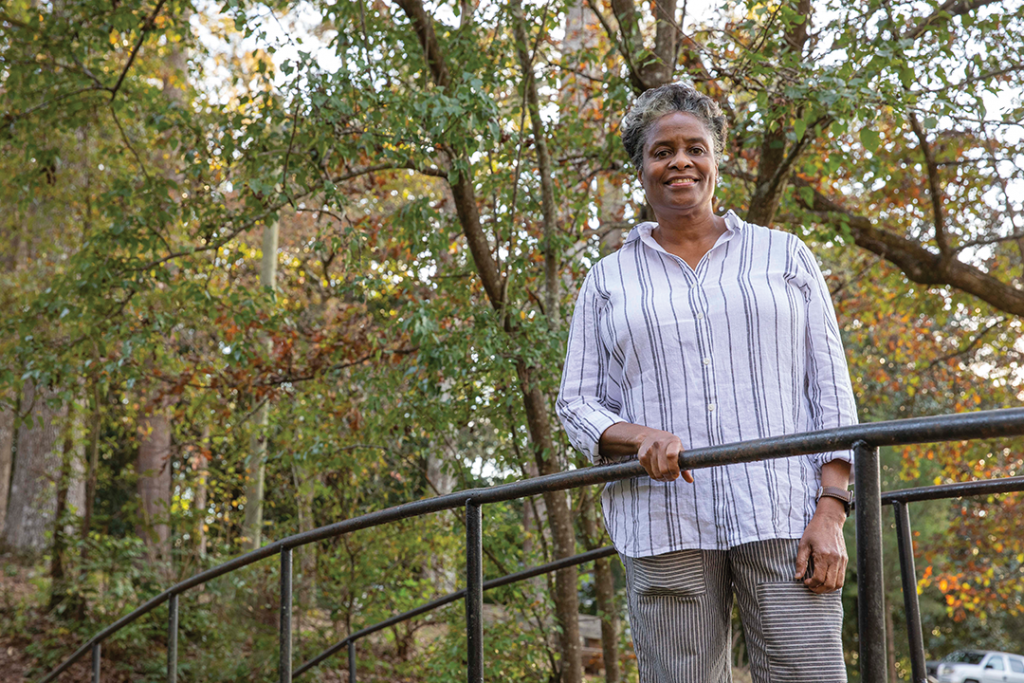
Other mentors tell similar stories about life-changing experiences. Kathy Suber joined the program after she saw the impact it had on her son during the time he was involved there. “Having someone outside the house to instill in him life things and education helped so much,” Suber said. Attending an end-of-year celebration prompted her to act. “I saw the connections mentors had with the kids,” she said, “and I thought, ‘I want to do that.’”
Suber’s first student was a girl in third grade. They met once a week at her school, where they had lunch together and then moved to the library to either talk about life or focus on her studies. “You develop a relationship that’s almost family-like,” she said. The student has since advanced to fifth grade, and Suber hopes to maintain their relationship through the end of high school and beyond. However, due to the COVID-19 pandemic, they are not currently able to meet in person. “We’re Zooming now,” Suber said, “and she will randomly FaceTime me, so we talk that way, too.”
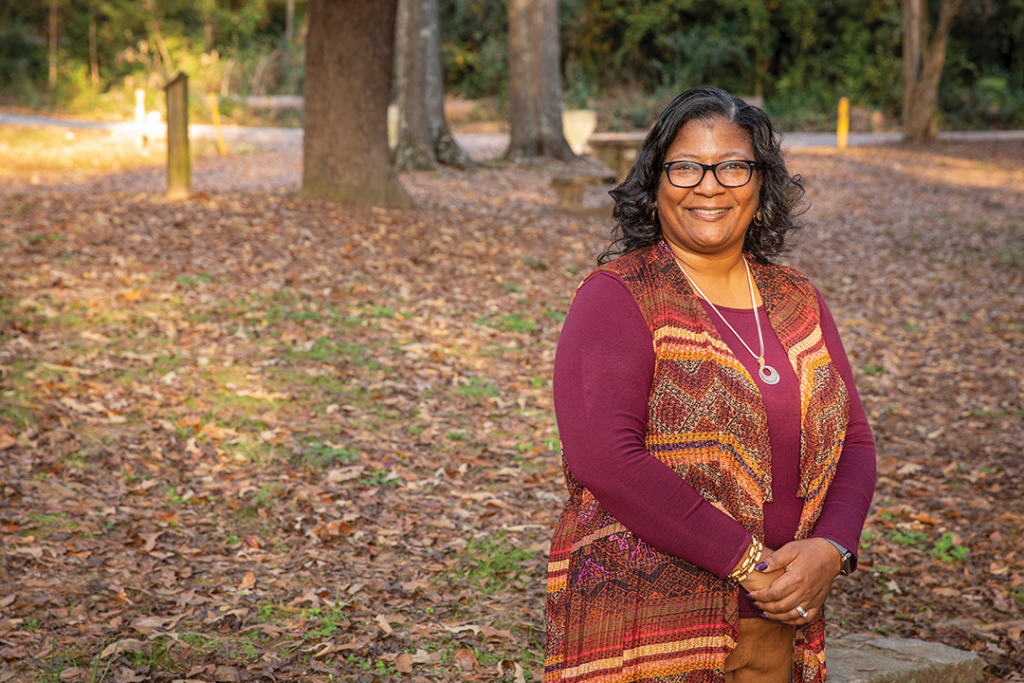
While still fairly new to the Newton County area, Carol Rivera was approached by her minister’s wife at church. She asked Rivera if she would be interested in becoming a mentor. As a retired social worker, she missed the connections she once had with children and the work associated with them. Rivera took a third-grader under her wing. “The little girl just walked up and hugged my legs,” she said. “It’s such a joy. She adds a lot to my life. I looked forward to that hour every week. I had a new purpose and hope she’s getting as much from it as I am.”
Newton Mentoring’s vision involves changing the community one child at a time. Its mission? To build and strengthen the character and competence of children, which will improve their ability to excel during their school years and beyond. Research shows that an evidence-based mentoring program can be a primary tool in providing youth with the skills necessary for success, not only in the classroom but in life. Any school-aged children currently enrolled in the Newton County School System are eligible for the program. They can be referred by a parent, family member, friend, youth leader or pastor. A parent must sign a consent form that allows his or her child to participate in the program while also giving a mentor access to academic records.
A non-profit program that operates on contributions, private donations and grants, Newton Mentoring falls under the oversight of its board of directors: Newton Federal Bank President Greg Proffitt, Walgreens pharmacist Todd Nolan, Newton County Board of Education District 3 representative Shakila Henderson-Baker, Clements Middle School Assistant Principal Nicolas Jones and Newton Mentoring Program Coordinator Ruth Banks. Still, much of the credit for the program’s success goes to those on the front lines.
“This program could not exist without its mentors,” said Banks, who also cited the under-the-radar efforts of a number of volunteers, including former executive director Margaret Washington, Laura Bertram, Carol Falconer, Deborah Nolley and Mardie Milmoyl.
In most cases, requirements limiting mentors from meeting with their student once a week can be waived without liability. Many have developed relationships with families, and with approval, they can meet their student during the summer months or attend a game, have dinner or see a movie. Some mentors start to counsel students as early as second grade and remain with them until they complete high school.
Banks conducts all training for those interested in becoming mentors. They must be at least 18 years old, undergo a two-hour in-person training class and pass a criminal background check. Mentors are afforded preferences when it comes to working with high school, middle school or elementary school students. However, due to the ongoing pandemic, current training has been postponed until 2021.
For more information on Newton Mentoring Inc., visit NewtonMentoring.org, find them on Facebook or call 678-381-7948.
Click here to read more stories by Terri Webster.

